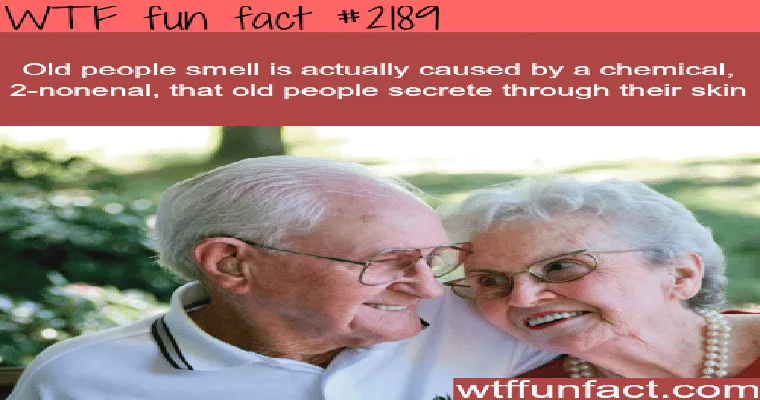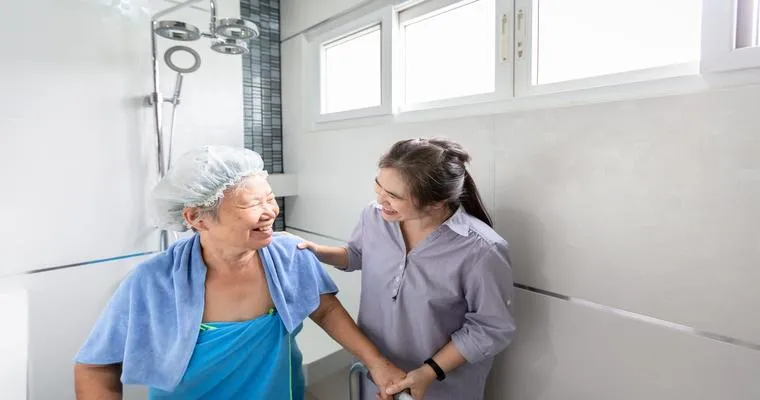The concept of ""old people smell"" has long been a topic of conversation and curiosity among various age groups. This term often refers to a distinct odor that some individuals associate with the elderly. However, the reality behind this phenomenon is more complex than mere stereotypes suggest. In this article, we will explore the science of aging, the factors contributing to this smell, and the implications of these perceptions on society.
As people age, their bodies undergo various "biological changes" that can influence how they smell. One of the primary reasons attributed to this phenomenon is the production of certain chemicals in the skin. As we age, our skin produces less oil, leading to a drier texture. This change can affect how the skin interacts with bacteria, which can alter the natural scent of an individual. Additionally, older adults may experience changes in their "diet", medications, and overall health, further contributing to variations in body odor.
Another significant factor is the presence of "nonenal", a compound that can develop in the skin of older adults. This substance is believed to result from the oxidation of fatty acids in the skin, creating a unique scent that some may identify as “old people smell.” While this odor can be more pronounced in certain individuals, it is important to note that not all elderly people emit this scent. Genetics, hygiene, and lifestyle choices play substantial roles in determining body odor, regardless of age.
Social perceptions of ""old people smell"" can also influence how we view aging. Many younger individuals may harbor biases or preconceived notions about the elderly based on this stereotype. Such attitudes can lead to ageism, which is discrimination against individuals based on their age. It is crucial to challenge these stereotypes and recognize that the elderly are not defined by their appearance or any associated odors. Instead, they should be celebrated for their life experiences and contributions to society.
Furthermore, it is essential to consider the emotional and psychological implications of the "“old people smell”" stereotype. Many older adults may feel self-conscious or stigmatized due to this association, leading to a decline in self-esteem and social interactions. By fostering a more inclusive environment and encouraging open dialogues about aging, we can help dismantle these harmful stereotypes.
In conclusion, the notion of ""old people smell"" is rooted in a combination of biological factors and societal perceptions. While certain changes in body odor may occur with age, it is vital to understand that these changes do not define an individual. By promoting awareness and empathy towards the elderly, we can work towards a more inclusive society that appreciates individuals for who they are, rather than reducing them to stereotypes. Embracing aging as a natural part of life will help us foster respect and dignity for all age groups.





